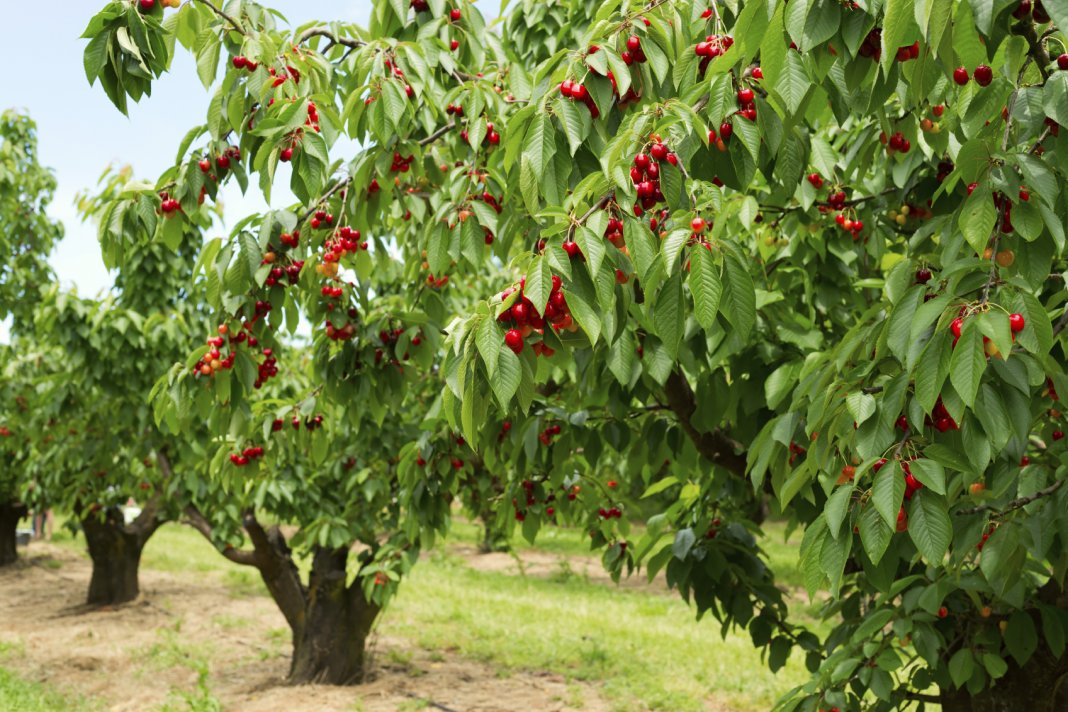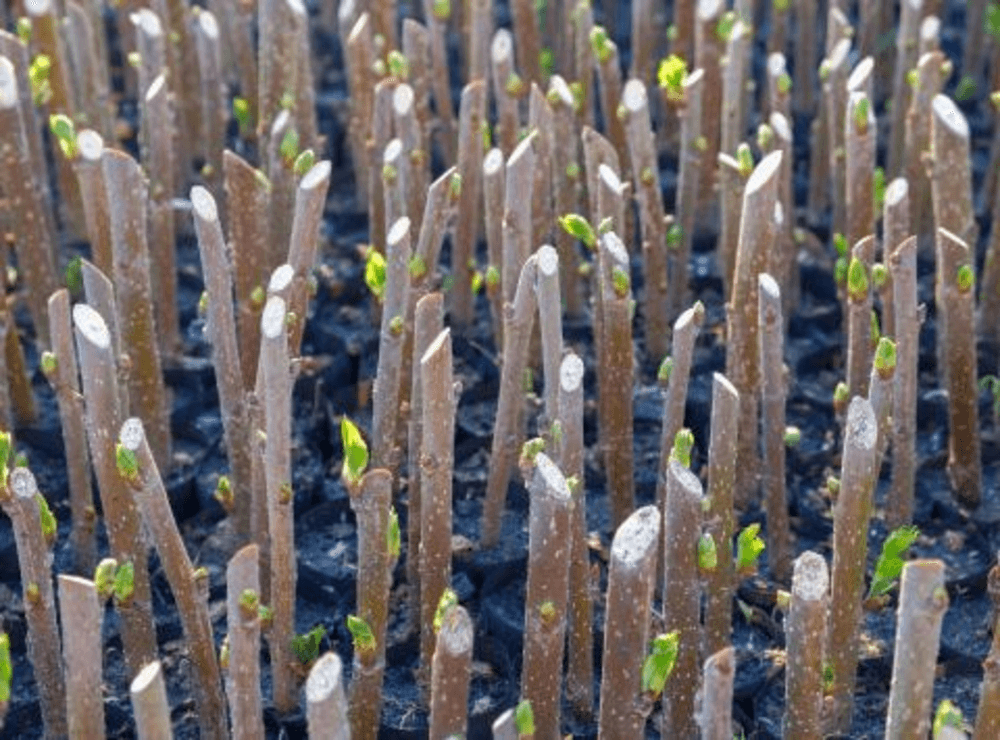“It will be difficult for the cherry exports to exceed the 7,000 tons reached last season,” said Aníbal Caminiti, general director of the Argentine Chamber of Integrated Cherry Producers (CAPCI), with a certain resignation, when asked about the evolution of the campaign. Not by chance, at the beginning of the harvest, it was expected that external placements of this product could reach the 8,000-ton threshold.
But the Chubut harvest failed, and estimates predicted that this season would bring just over 1,800 tons of cherries to the international market. “The damage caused by hail and the unusual rainfall ended up affecting more than 50% of the total harvest in Chubut. This scenario was not in anyone’s plans,” Caminiti confided.
During the last season, cherry exports almost reached 7,200 tons, and by the end of December this year, they had settled at 6,000 tons.
“We will have a record production in Río Negro, relatively normal in Neuquén and Mendoza, but we will suffer a strong drop in Chubut, which limits the last stage of exports of the system,” added the CAPCI manager.
When asked about the price crisis observed for cherries in the Chinese market, the businessman assured that it did not affect the Argentine offer, as many of the early fruits were distributed to other markets, maintaining high prices compared to those in China.
“Unlike Chile, which had quality problems in its exportable offer, our fruit was in high demand because it was of excellent quality,” explained Caminiti. He added that a significant percentage of the exports consisted of early cherries, meaning they entered the market when it was relatively “clean.” On the other hand, not much fruit was destined for the Chinese market. “We don’t have a commercial dependency on China like Chile,” he added.
As a reference, by the first week of 2025, the neighboring country had exported about 550,000 tons of cherries, of which around 510,000 (93%) were destined for the Chinese market.
“This season will not be negative for Argentine exporters. Prices have remained stable thanks to the quality of the cherries. We lacked volume, which unfortunately affected the producers in Chubut,” Caminiti confided at the end of the conversation.
Source: Más Producción
Image: Más Producción
Cherry Times - All rights reserved










